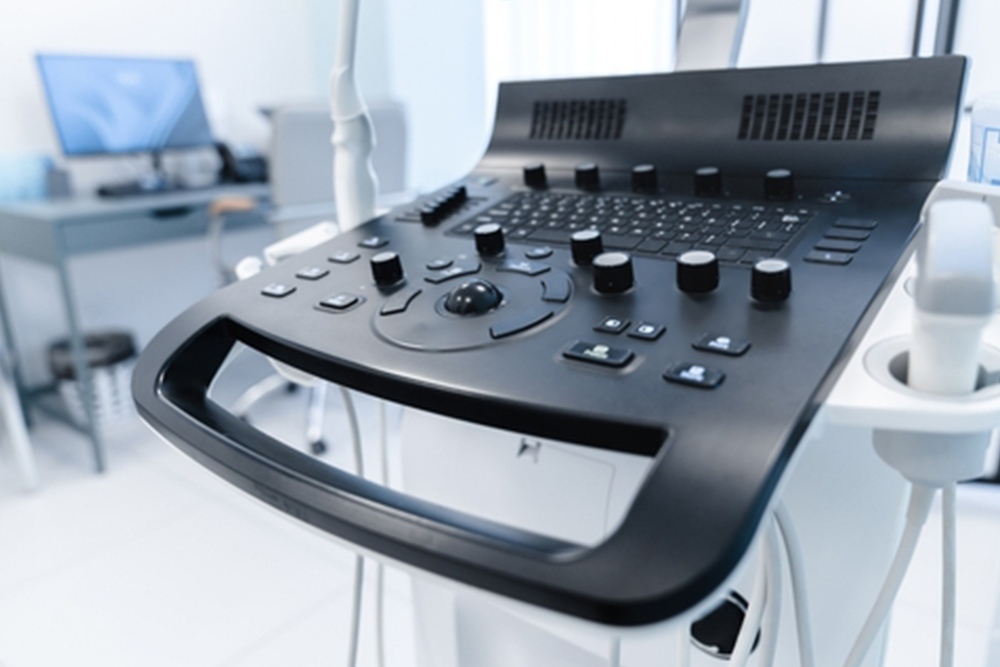AI-Powered Video Tool Found to Accurately Detect Tardive Dyskinesia and Assess Severity

Researchers of this multi-phase study evaluated a video-based artificial intelligence (AI) algorithm designed to detect and assess the severity of tardive dyskinesia (TD) in patients taking antipsychotics.
Bringing Tardive Dyskinesia Out of the Shadows in Long-Term Care

Tardive dyskinesia (TD) is often underrecognized in long-term care despite its substantial impact on older adults, many of whom are prescribed antipsychotics for various conditions.
Underdiagnosis of Tardive Dyskinesia: A Call for Better Recognition and Diagnosis

Tardive dyskinesia (TD) is a persistent movement disorder often associated with long-term antipsychotic use, yet it remains underreported and misdiagnosed in clinical practice.
Ultrasound in Tardive Dyskinesia: Enhancing Diagnosis and Treatment

Tardive dyskinesia (TD) can involve subtle or complex movements that are easily missed with visual inspection alone. In a recent study, three patients with orolingual and pharyngeal dyskinesias were assessed using point-of-care ultrasound, a tool that proved invaluable in diagnosing and managing their conditions.
Understanding Tardive Syndrome: A Spectrum of Symptoms

Tardive syndrome encompasses a range of persistent hyperkinetic, hypokinetic, and sensory phenomena resulting from chronic exposure to dopamine receptor blocking agents (DRBAs).
AIMS Training Boosts TD Screening and Outcomes in Outpatient Psychiatry

Despite the known risks, consistent screening for tardive dyskinesia (TD) in outpatient psychiatric settings remains limited, largely due to time constraints, underutilization of standardized tools like the Abnormal Involuntary Movement Scale (AIMS), and gaps in provider awareness and training.
Tardive Dyskinesia: 50 Years of Evolving Trends, Treatments, and Research

Despite the introduction of atypical antipsychotics, which carry a lower risk for parkinsonian symptoms, tardive dyskinesia (TD) has not been eradicated, as risk persists across all dopamine antagonists and partial agonists.
Tardive Dyskinesia: Challenges in Diagnosis, Management, and Treatment

Tardive dyskinesia (TD) is a complex iatrogenic movement disorder caused by prolonged dopamine receptor antagonism, often occurring in individuals on long-term antipsychotic medications.
Managing Tardive Dyskinesia: Early Detection and Effective Treatment Strategies

Tardive dyskinesia (TD) is an involuntary movement disorder caused by prolonged use of dopamine receptor-blocking agents, such as antipsychotic medications. While often irreversible, TD can severely impact a patient’s emotional, social, and professional life.
Exploring the Link Between Non-DRBD Medications and Tardive Dyskinesia

Tardive dyskinesia (TD) is most commonly linked to long-term use of dopamine receptor blocking drugs (DRBDs), such as antipsychotics. However, there has been some exploration of whether non-DRBD medications, like antidepressants, can also trigger similar movement disorders.
